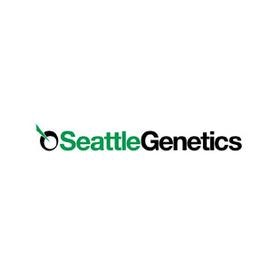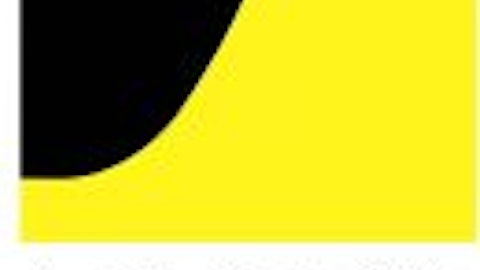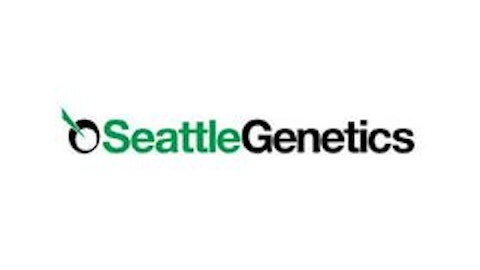The cancer world has been abuzz after an exciting ASCO conference. Bristol Myers Squibb Co. (NYSE:BMY) presented really promising updates for its PD-1 inhibitor nivolumab in late-stage melanoma, leading one Citigroup Inc. (NYSE:C) analyst to declare “the beginning of the end of cancer.” With Merck & Co., Inc. (NYSE:MRK) and Roche also boasting PD-1 inhibitors we can only hope someone has a magic bullet. But is there space in this massive market for the smaller biotechs with other innovative immunotherapies?
A brief science spiel
Antibodies are proteins produced by the immune system to recognize pathogens. Their structure allows them to recognize specific chemical signatures, or antigens, and bind to them tightly. Normally, this allows the immune system to recognize potentially dangerous pathogens or cancer cells. The following companies have engineered antibodies for a different purpose: to bind to specific targets and deliver drugs that might treat cancer.
ImmunoGen, Inc. (NASDAQ:IMGN)
ImmunoGen, Inc. (NASDAQ:IMGN)‘s proprietary technology is a chemical linker that tethers an antibody to a cytotoxic drug. The antibody binds to targets that only appear, or appear in much higher levels, on the surface of cancer cells, and delivers the drug as a ‘targeted antibody payload’, or TAP. The utility of TAPs is theoretically only limited by the ability to engineer antibodies against specific molecular targets – targets which are being identified at a faster rate thanks to improving genomics technologies.
ImmunoGen, Inc. (NASDAQ:IMGN) currently has three wholly owned TAP treatments for small-cell lung cancer (IMGN901), non-Hodgkin lymphoma (IMGN529), and various solid tumor cancers (IMGN853). IMGN901 has progressed the farthest in clinical trials, and is currently being compared with standard-of-care in Phase II.
The majority of Immunogen’s pipeline, and all of its revenue, comes from licensing agreements with other firms for use of the TAP design. ImmunoGen, Inc. (NASDAQ:IMGN) has partnerships with Roche, Bayer, Sanofi SA (ADR) (NYSE:SNY), Biotest, Amgen, Inc. (NASDAQ:AMGN), and most recently Novartis AG (ADR) (NYSE:NVS), each yielding milestone payments and royalties upon commercialization. Roche funded R&D and commercialization for Immunogen’s only marketed drug, Kadcyla, which was approved for Her-2-positive breast cancer in February.
Despite a $1.4 million loss in the most recent quarter, Immunogen’s milestone revenues increased partly due to the approval of Kadcyla. Unfortunately Roche will only pay ImmunoGen, Inc. (NASDAQ:IMGN) 3% royalties on Kadcyla sales – after less than one quarter on the market it remains to be seen how much cash that amounts to. Instead Immunogen will continue to license its TAP technology to add to the $206 million in cash (and no debt) it is using to fund IMGN901 development.
Seattle Genetics, Inc. (NASDAQ:SGEN)
Seattle Genetics, Inc. (NASDAQ:SGEN)’s platform is similar to Immunogen’s. ‘Antibody-drug conjugates’, or ADCs, are analogous to TAPs in their ability to deliver cytotoxic drug elements directly to cancerous tissues using engineered antibodies. Like Immunogen, most of these antibodies are developed externally, and Seattle Genetics licenses its ADC technology for drug development. Seattle has a more robust pipeline than Immunogen, with many collaborating partners and 21 drugs in 31 clinical trials, plus more in preclinical development. In Q1, licensing agreements accounted for ~36% of revenue.





